Haub School Alumni Highlights
October, 2024
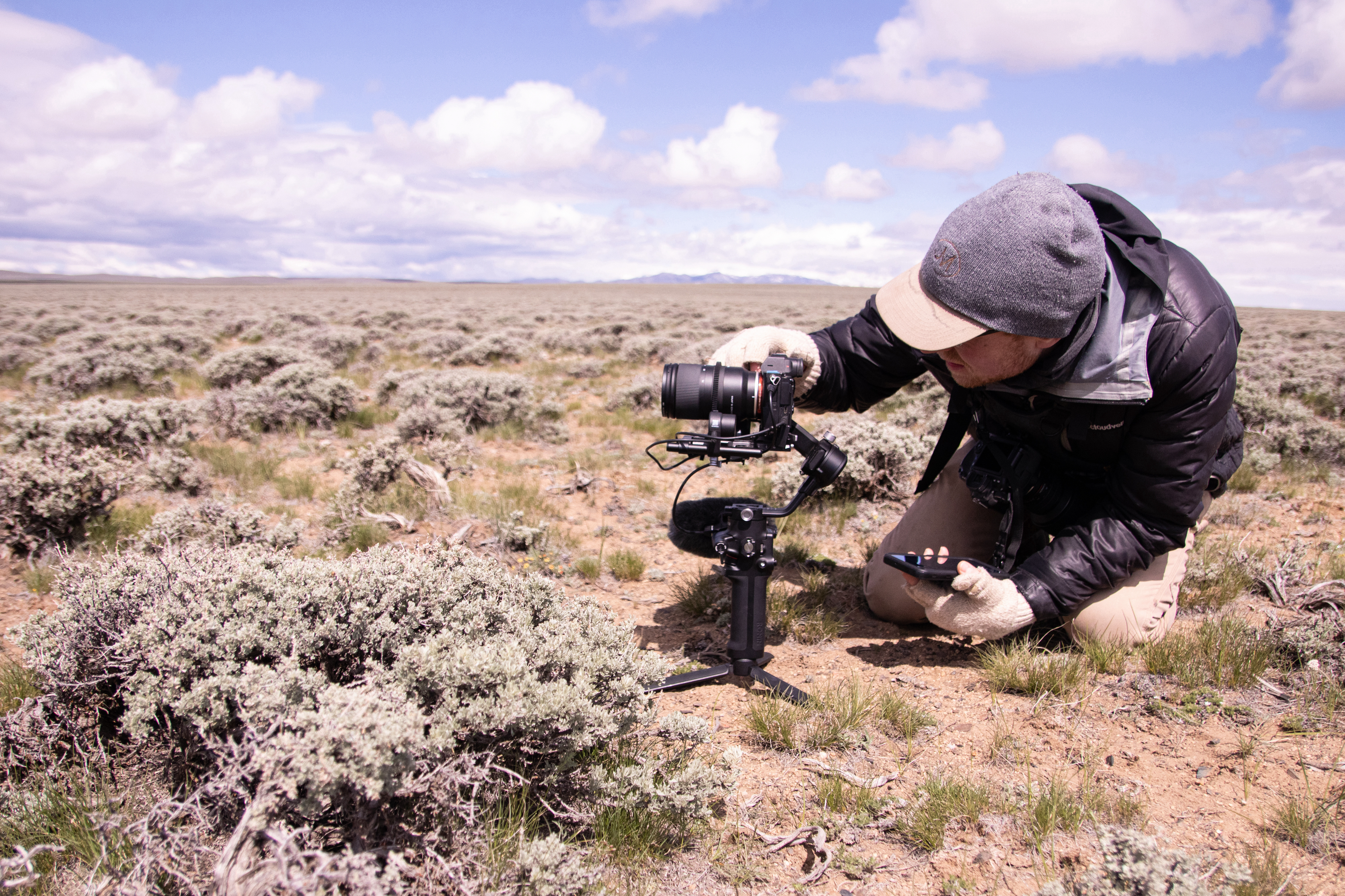
Pat Rodgers (he/him)
Degree: Bachelor's of Science in Zoology with a minor in Environment & Natural Resources
Hometown: Casper, WY
What position are you currently in?
“I'm currently an Associate Research Scientist at the Wyoming Migration Initiative at the University of Wyoming.”
What do you do there?
“I mostly work in science communications, I do a lot of filmmaking, video making, writing for various publications, and social media. I work with Land Trusts to help them use data from big game migrations to help inform decision-making around conservation easements that could benefit big game migrations.”
How did you get into this position?
"Oh, it's a long road. After I graduated with my bachelor's, I worked at Western Ecosystem Technologies as a Wildlife Technician. I landed that job through a connection I made in one of my ENR courses. After working there for a couple of years, I decided to go back to school. I went back to the University of Wyoming and got a master's, doing research studying mule deer migrations in the Wyoming Cooperative Wildlife Research Unit. After I graduated, I stayed on board with my advisor for that program, the Lead Scientist of Wyoming Migration Initiative. Talking to him about some of the needs for communications and outreach, and building a central role in helping Land Trusts and form conservation easement projects is how I ended up where I am now."
How did the Haub School prepare you for this career?
“The Haub School helped prepare me in several different ways. The first is expanding my understanding of environment and natural resource issues and problems beyond my little Wyoming bubble. There are so many different stakeholders involved in environmental issues. That was helpful for me going into the work I do now, with how many other groups are involved, and how long some of the processes take to inform conservation decisions. Everything from the science and research to the NGOs helping push some of these conservation decisions, the state and federal agencies, whose folks are helping secure funding and guide and inform policy. There are so many moving parts and because of the Haub School, I have a much broader understanding of environmental issues. In some of my classes, I met people who are working directly in the environmental world and are now stakeholders involved in the issues and projects that I'm working on right now.”
What were some of your most memorable experiences being a Haubie?
“On a field trip to Pinedale, we met with one of the biologists and learned about the migrations across the highway where they're using the wildlife overpasses. Another one of my favorites was that I got to be a student mentor for a first-year trip to Teton Science Schools. I enjoyed the people, being outside, getting to take part in experiential learning, and mentoring some of the incredible students within the Haub School. That was really fun!”
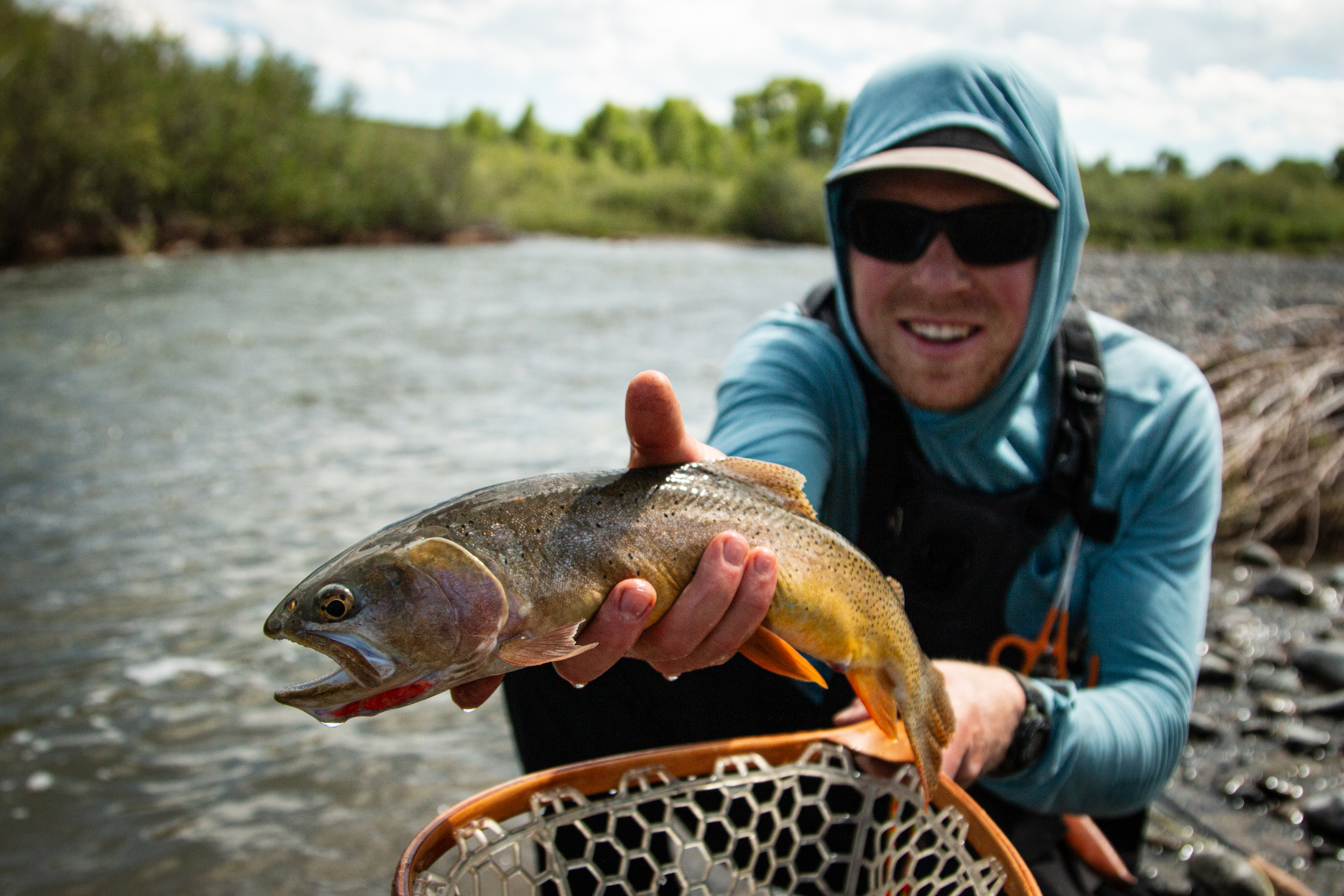
Did you have any mentors or advisors at the university who played a significant role in guiding your career path?
"My first ENR class was called Environment & Society, taught by Courtney Carlson at the time. It blew me away, the learning was engaging and dynamic with the way Courtney had set up the class. It totally drew me out of my little bubble and made me start to see environmental issues with a different lens. It made me realize there are environmental issues throughout the world that affect so many different people.
Nicole Korfanta taught a graduate course that I was able to jump in on as an undergrad. Ever since then she's been a lifelong mentor and has helped me make a lot of great connections in this profession and field.
If I were to go back and do anything different, I would take more classes from the Haub School because honestly, the faculty and staff are such incredible people. I still know every professor that I had today and interact with them. They all were mentors for me, it was a huge, huge blessing for me and a huge benefit.”
Describe the transition from being a student to becoming an alumni of the Haub school, how has your relationship with the school changed?
“Being a Haubie was really fun. There's kind of this open door to the world of endless possibilities. They helped me with what was going to come next, how it would help me with my career, and how it helped me make connections.
I still have connections with my professors, every one of them. It’s interesting being seen as a colleague now, but I continue to learn from them. It's been great to see their work and also contribute some of my knowledge and expertise now to the ENR world."
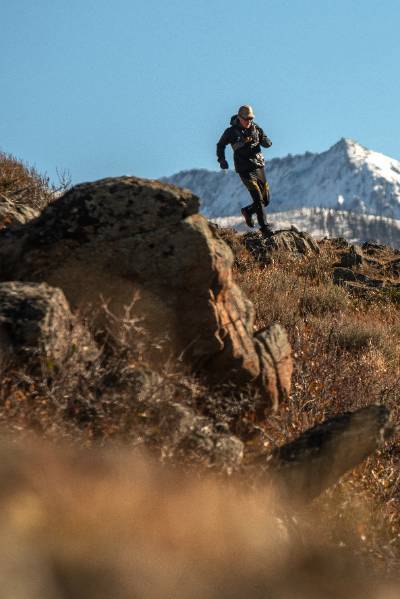
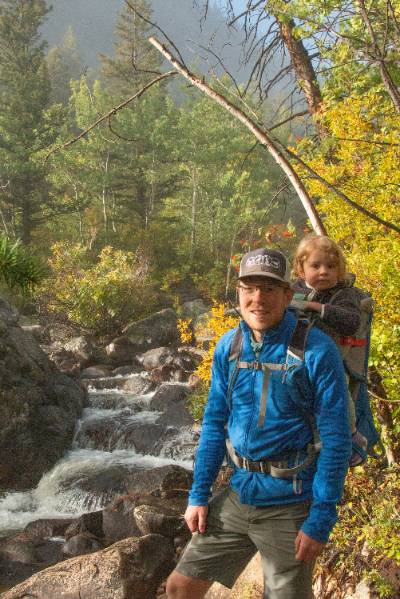
What advice would you give to a current student or recent graduate?
“I could give an hour-long advice session. There's so much. Being in the environment and natural resources field can feel really daunting at times. Especially when it comes to environmental problem-solving, if folks are getting into that field. My advice is to find something in your life that can help remind you of why you got into this field in the first place. It’s important to rekindle that passion and fire every so often. Whether that's going back and reading through a paper you wrote for an ENR class or journaling about something that you're passionate about.
Surround yourself with people who are in ENR and are passionate about the same things to keep that fire going. The world is desperate for people who are willing to invest in the environment. Don't let the broad scale of our environmental situations bring you down, because everyone can contribute to something, especially contributing at the local level. My advice would be don't try to save the world. Try to save some small piece of the environment, somewhere that you love. If enough people do that, we're gonna see a better world."
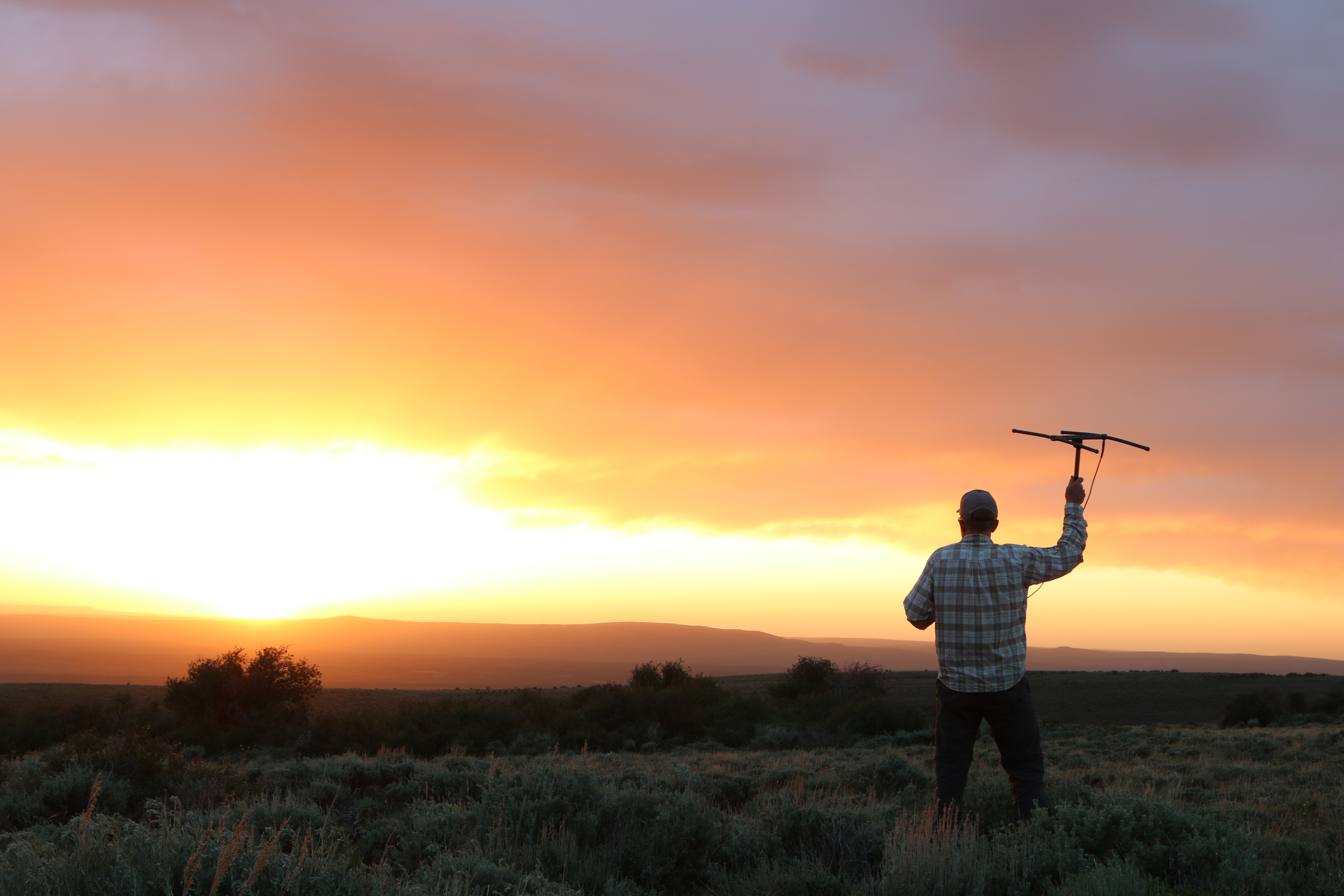
Did you have any Professional and Applied Experiences in your undergrad career that you found beneficial to your career?
"The most influential would be the Wyoming Chapter of the Wildlife Society Fellowship. It was a broad interdisciplinary experience where I worked with folks from all over the state with many different backgrounds and careers. That helped me get a sense of ‘Oh, you know, this is a position or a role I could see myself in and this is not.’ I had a lot of memorable experiences from capturing grizzly bears to wandering around wetlands looking for frogs. I also worked as an Office Aide for the Haub School part-time one summer and enjoyed getting to know the staff there."
Final thoughts?
“In closing, the Haub School is a phenomenal place that feels more like a supportive family. The faculty and staff are people who take a sincere interest in each person. The most valuable part of education is when faculty are invested in the holistic development of people. They influenced my life and I'm grateful that the Haub School exists. It's one of the most valuable resources that we have on campus.
Lastly, if you’re a student even considering slightly adding a minor or major in ENR, stop hesitating and just do it because it's filled with the best classes and programs that we have on campus.”
“I'm a Haubie because I desire to work for the environment. I am passionate about open spaces, wildlife, and clean water. I want to see open spaces for my kids and their kids to enjoy and on into the future. Being part of the Haub School helped me develop into a professional so that I can work to help keep wild open spaces for the future.”
Pat's story has been edited for length and clarity. All image credits go to Pat.

